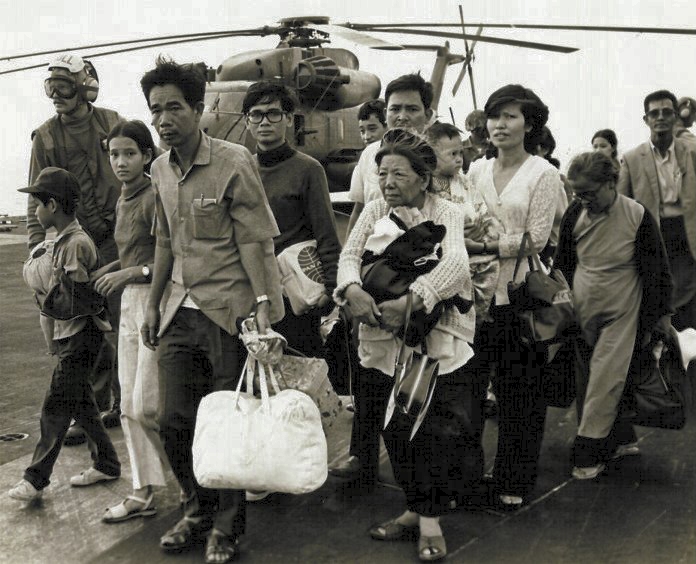Today marks the day in history when the Vietnam War reached its conclusion as North Vietnamese troops captured Saigon. April 30, 1975, was the day that ended a prolonged and divisive conflict that had lasted for decades and deeply affected both Vietnam and the United States. The fall of Saigon, a pivotal moment in history, marked the end of the Vietnam War and reshaped the geopolitical landscape.
In the days leading up to the fall, North Vietnamese forces advanced rapidly through South Vietnam, facing minimal resistance. The South Vietnamese government, weakened by internal strife and dwindling support, struggled to maintain control. As the North Vietnamese closed in on Saigon, panic ensued among civilians and military personnel alike.
The United States, which had significantly reduced its military presence following the Paris Peace Accords in 1973, initiated Operation Frequent Wind—the largest helicopter evacuation in history. Over several days, American personnel and tens of thousands of South Vietnamese civilians were airlifted from the U.S. Embassy and other locations to waiting ships offshore. The operation concluded in the early hours of April 30, just before the city fell.
At approximately 10:24 a.m., South Vietnamese President Dương Văn Minh announced the unconditional surrender of his government. Shortly thereafter, North Vietnamese tanks breached the gates of the Presidential Palace, effectively ending the war. The city was soon renamed Ho Chi Minh City, in honor of the North Vietnamese leader.
The fall of Saigon had profound implications. For Vietnam, it signified the reunification of the country under communist rule after years of division and conflict. For the United States, it marked a moment of reflection on a war that had deeply polarized its society and called into question its foreign policy decisions. The event also led to a significant refugee crisis, with hundreds of thousands of Vietnamese fleeing the country in search of safety and a new life abroad.
April 30 in the current day is commemorated differently across communities. In Vietnam, it is celebrated as Reunification Day, a national holiday. Conversely, many Vietnamese expatriates and refugees refer to it as “Black April,” a day of mourning and remembrance for the loss and upheaval experienced during that time.
The legacy of the Vietnam War and the fall of Saigon continues to influence discussions on military intervention, foreign policy, and the human cost of war.

